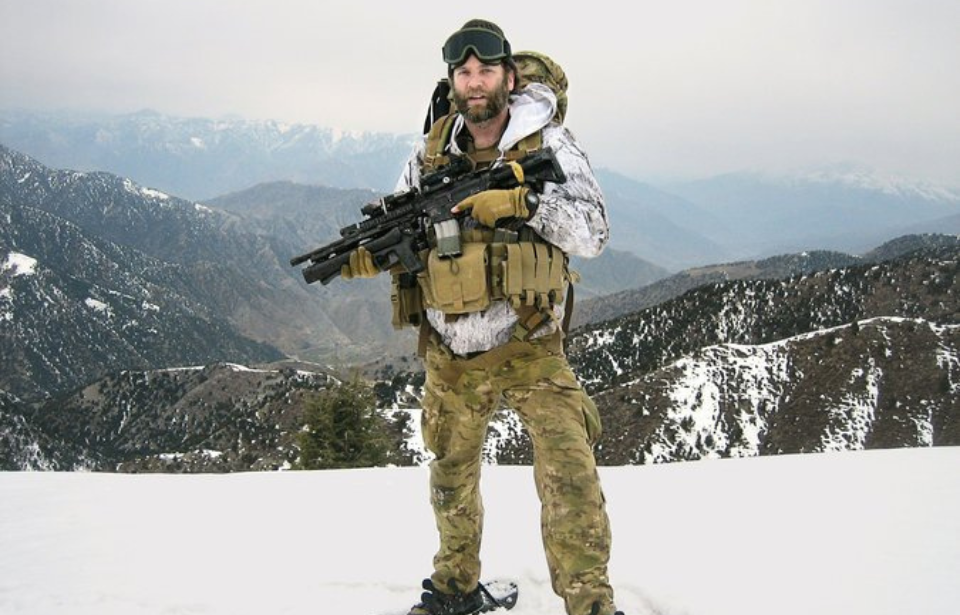Jason Everman, with his long curly hair and multiple piercings, gives off the classic appearance of a rockstar, a status he deservedly achieved. In his younger years, he showed off his musical abilities by playing guitar and bass for famous bands like Nirvana and Soundgarden, as well as other lesser-known groups. Although he had a notable career in the music industry, he took a major turn in his professional path by joining the US Army. There, he excelled as both a Ranger and Green Beret.
Jason Everman’s early life
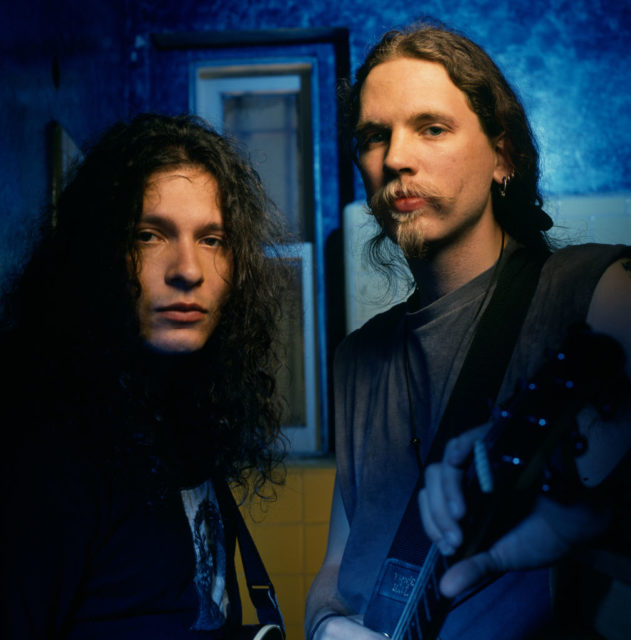
A turbulent music career
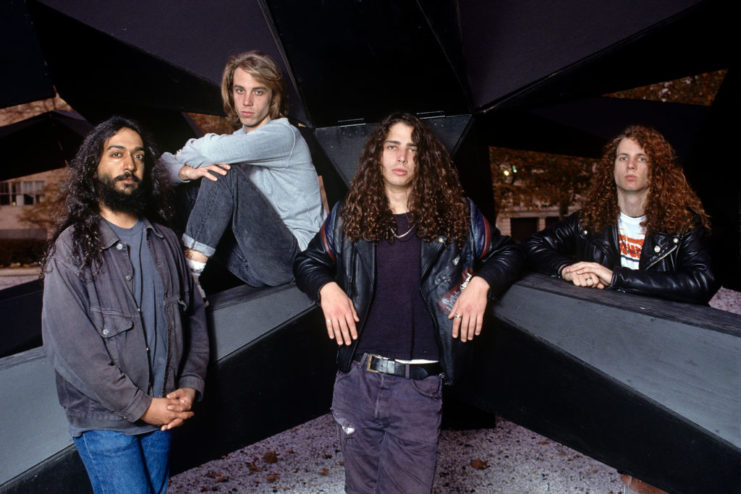
In February 1989, Jason Everman got his big break when he was brought on as the second guitarist for Nirvana. He was credited with playing on the band’s debut album, Bleach, even though he never did. Kurt Cobain later said this was their way of thanking him for paying the $606.17 fee to record it.
Everman went on tour with the band following the album’s release. When it ended, however, he was fired due to his “moodiness.” This didn’t stop him from continuing with music, as he joined Soundgarden later that same year as the band’s temporary bassist. He can be heard playing on their cover of The Beatles‘ “Come Together,” and in their Louder Than Live home video.
Everman stayed with Soundgarden for a while, but was, again, fired. He then briefly went on to play guitar for Mind Funk.
Jason Everman enlists in the US Army
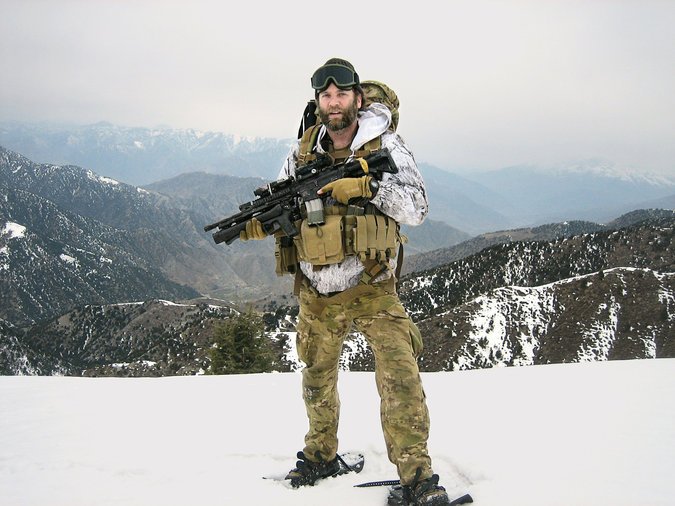
Jason Everman had a change of heart about his career in 1994 after discovering the Autobiography of Benvenuto Cellini, a Renaissance author who said well-rounded men were simultaneously philosophers, artists and warriors. Around this time, he spoke to an acquaintance who’d served as a US Navy SEAL, who put the idea of enlisting in the military in his head.
The musician subsequently joined the US Army, and attended basic training at Fort Benning, Georgia without mentioning to anyone that he’ had a brief stint as a rock musician. However, that didn’t stop people from finding out.
He recalled the day, which happened to be just after Kurt Cobain’s death. In the middle of some routine hazing, one of the drill sergeants stopped right in front of him and said, “The lead singer for Nirvana killed himself yesterday.” In a different interview with The New York Times, he said that, around the same time, another drill sergeant saw a photo of him alongside Nirvana and could tell it was him.
Becoming a US Army Ranger and Green Beret
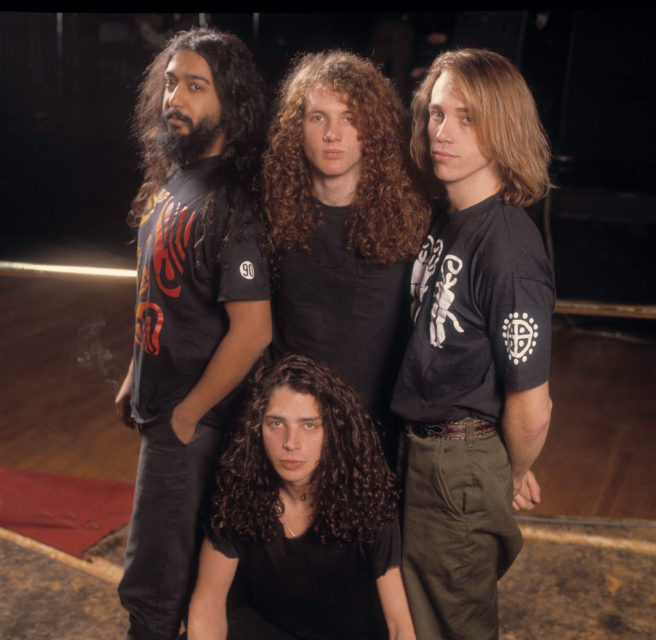
After completing training, Jason Everman was assigned to the 2nd Battalion, 7th Ranger Regiment at Fort Lewis, Washington. As the United States wasn’t at war at the time, he didn’t have many missions, apart from various training exercises. By 1998, he’d completed his four, rather uneventful, years of service.
Everman left the Army to travel through the Himalayan Mountains, where he joined a Buddhist monastery. Training to be a monk didn’t stick for long, however, as he was soon offered a position as a Green Beret. After completing the Qualification Course, he was assigned to “A Team,” 3rd Special Forces Group, with whom he finally got to see action. He was sent to Afghanistan and Iraq, earning an impressive reputation.
Everman later said serving in the Middle East was “probably the most profound experience of my life. […] It takes an event as extreme as war that simultaneously brings out both the worst and the best in people.”
Jason Everman is honorably discharged
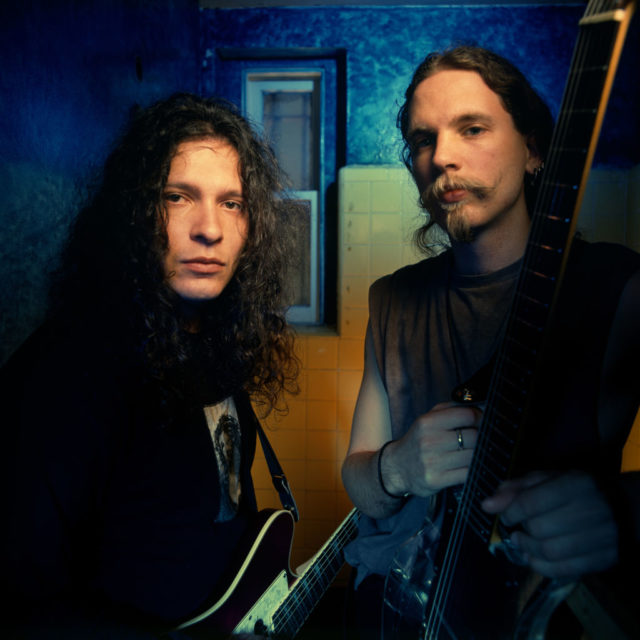
In 2006, Jason Everman received an honorable discharge from the US Army and swiftly transitioned to the next chapter of his life. He pursued self-improvement in a Cellinian style by enrolling in Columbia University’s School of General Studies, where he earned a Bachelor of Arts in philosophy. Gen. Stanley A. McChrystal provided him with a glowing letter of recommendation.
After his undergraduate studies, he pursued a Master’s degree from Norwich University.
More from us: Korengal Valley: Why the Region Is Nicknamed the ‘Valley of Death’
